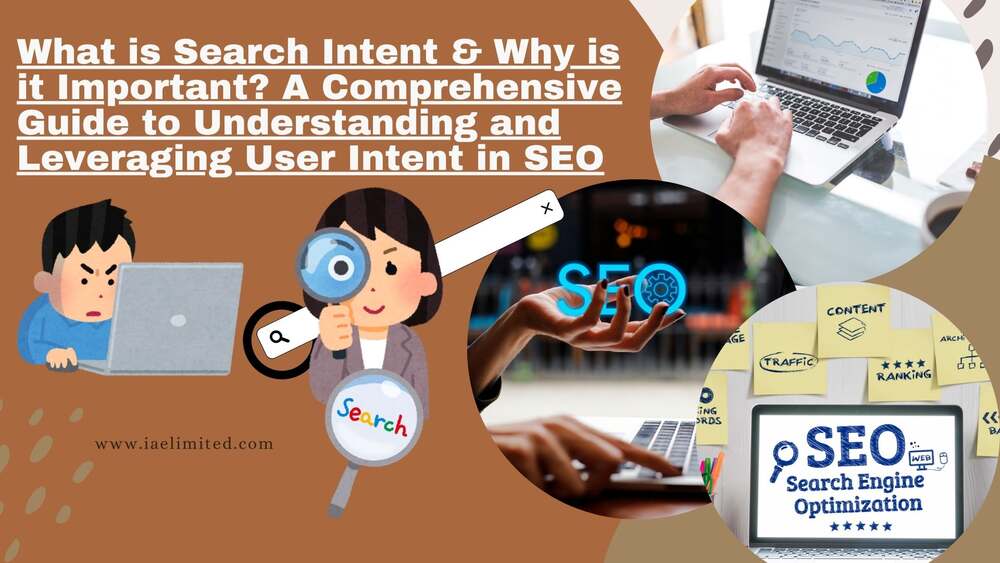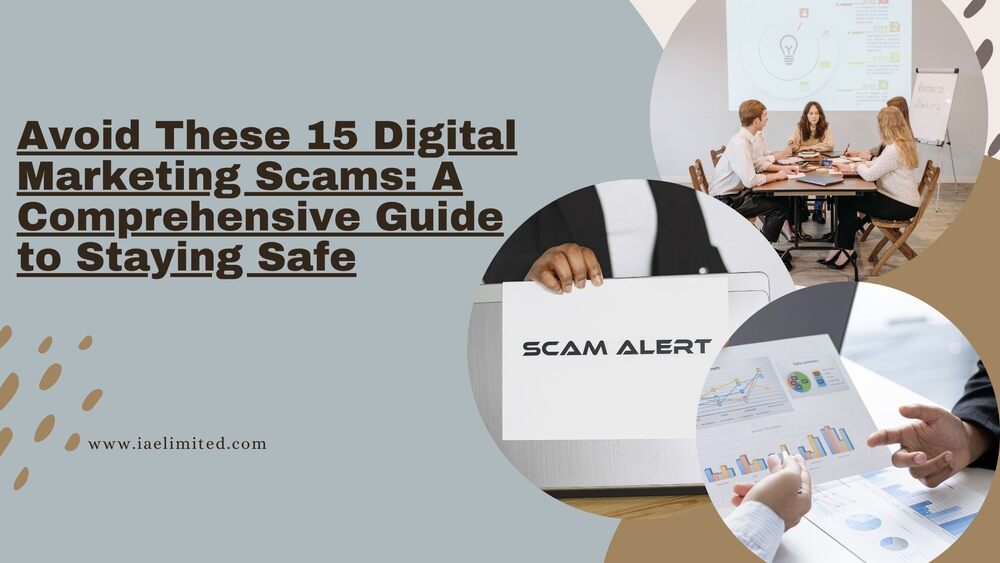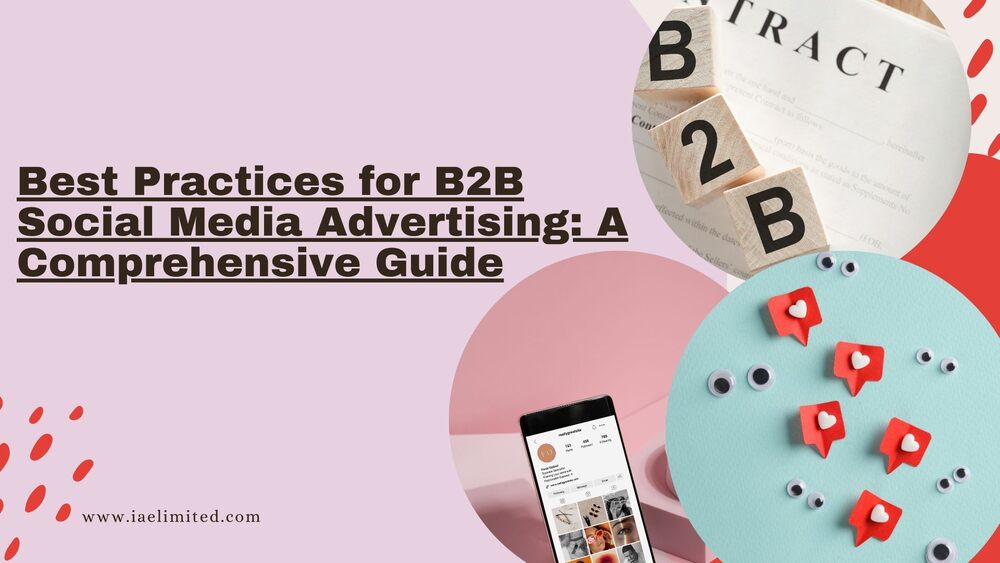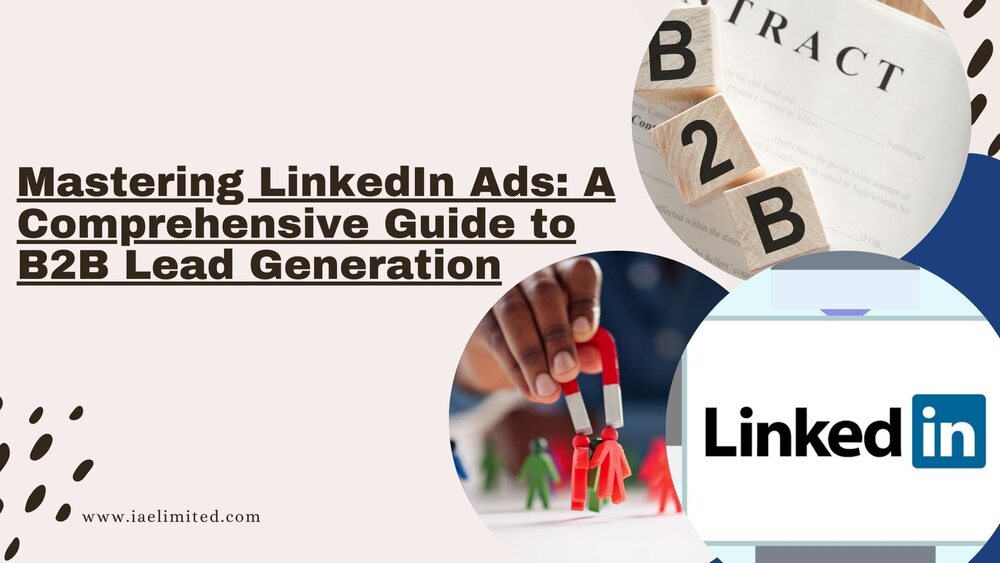
In today’s digital age, social media has become an indispensable tool for B2B (business-to-business) marketing. Gone are the days when traditional marketing methods like trade shows, cold calls, and print ads dominated the B2B landscape.
The rise of social media has transformed how businesses connect, engage, and build relationships with other businesses. This article not only covers the importance of social media in B2B marketing but also offers practical advice on how to leverage these platforms effectively.
With the right strategy, B2B companies can use social media to drive growth, build relationships, and stay ahead of the competition. This article explores the critical role social media plays in B2B marketing, covering key benefits such as brand awareness, lead generation, customer engagement, and the use of analytics for data-driven decisions.
The Shift from Traditional to Digital Marketing
Table of Contents
The Evolution of B2B Marketing
Historically, B2B marketing relied heavily on traditional methods. Trade shows, cold calling, and direct mail were once the primary channels for reaching potential clients. While these methods are still in use, they often fall short in the fast-paced, digital-first world we live in today.
As businesses increasingly move online, there has been a significant shift toward digital marketing strategies, with social media at the forefront. Explore more on the differences of Traditional and Digital Marketing.
Why Social Media?
Social media platforms offer B2B companies a unique opportunity to reach their target audience more effectively. Unlike traditional methods, social media allows for real-time interaction, precise targeting, and the ability to track and measure results.
A study by LinkedIn revealed that 76% of B2B buyers prefer to work with recommendations from their professional networks, highlighting the importance of social media in B2B marketing .
Case Study: The Power of Social Media in B2B
Take the example of IBM, a global leader in technology and consulting services. IBM has successfully leveraged LinkedIn to establish itself as a thought leader in the industry.
By sharing insightful content, participating in industry discussions, and engaging with its audience, IBM has strengthened its brand presence and built a loyal following of professionals and decision-makers.
Building Brand Awareness and Authority
Increasing Brand Visibility
One of the primary benefits of social media in B2B marketing is the ability to increase brand visibility. Platforms like LinkedIn, Twitter, and Facebook enable companies to reach a broader audience by sharing content that resonates with their target market. This visibility is crucial for building brand awareness, especially in competitive industries where standing out is vital.
Establishing Thought Leadership
Beyond just visibility, social media is instrumental in positioning a company as an industry authority. By consistently sharing valuable insights, participating in relevant conversations, and providing solutions to industry challenges, B2B companies can establish themselves as thought leaders. This not only enhances credibility but also fosters trust among potential clients.
For instance, companies like HubSpot have mastered the art of thought leadership through social media. By sharing educational content, engaging with their audience, and providing solutions to common marketing challenges, HubSpot has built a reputation as a go-to resource for marketers worldwide.
Example of Success
Consider how Salesforce uses its social media presence to share industry trends, customer success stories, and expert advice. This strategy has positioned Salesforce as a leader in the CRM space, with a strong social media following that regularly engages with its content. By focusing on thought leadership, Salesforce has enhanced its brand authority, making it a top choice for businesses looking for CRM solutions.
Lead Generation Through Social Media
Targeted Advertising for B2B
Social media platforms offer sophisticated advertising options that allow B2B companies to target specific demographics, industries, and even job titles. This level of precision ensures that marketing efforts are focused on the right audience, increasing the chances of generating quality leads. LinkedIn, for example, is particularly effective for B2B advertising, offering targeting options based on industry, company size, and job function.
Content Marketing: A Proven Strategy
Content marketing is another powerful tool for lead generation in the B2B space. By creating and sharing valuable content on social media, companies can attract potential leads and nurture them through the sales funnel.
This content can take many forms, including blog posts, white papers, eBooks, webinars, and case studies. The key is to provide content that addresses the pain points of your target audience and offers actionable solutions.
Lead Nurturing: Building Relationships Over Time
Lead generation is just the first step; the real challenge lies in nurturing these leads into paying customers. Social media plays a crucial role in this process by enabling ongoing engagement.
B2B companies can use social media to stay in touch with leads, provide updates, share relevant content, and answer any questions. This continuous interaction helps build trust and keeps the company top-of-mind when the lead is ready to make a purchase.
Tools and Techniques for Success
Several tools can enhance lead generation efforts on social media. LinkedIn Sales Navigator is a popular choice for B2B companies, offering advanced search capabilities and lead recommendations. Twitter Lead Generation Cards allow businesses to capture lead information directly from tweets, making it easy to collect and follow up on leads.
Enhancing Customer Engagement and Relationships
The Power of Two-Way Communication
One of the most significant advantages of social media is the ability to engage in two-way communication with customers. Unlike traditional marketing channels, social media allows businesses to interact directly with their audience, fostering stronger relationships. This interaction is crucial in B2B marketing, where building trust and credibility is key to closing deals.
Providing Exceptional Customer Support
Social media is also a valuable tool for customer support. B2B companies can use platforms like Twitter and LinkedIn to address customer inquiries, resolve issues, and provide real-time support.
This not only improves customer satisfaction but also demonstrates the company’s commitment to its clients, enhancing overall brand reputation.
Building Online Communities
Creating and nurturing online communities is another effective way to engage with customers. By fostering a sense of community, B2B companies can encourage discussion, collaboration, and loyalty among their audience.
Platforms like LinkedIn Groups and Facebook Groups are ideal for creating such communities, where members can share insights, ask questions, and network with peers.
Example of a Thriving B2B Community
Slack, the popular collaboration tool, has built a strong online community through social media. By actively engaging with its users on platforms like Twitter and LinkedIn, Slack has created a loyal customer base that advocates for its products.
This community-driven approach has played a significant role in Slack’s growth and success in the B2B space.
Analytics and Data-Driven Decisions
Tracking Performance with Analytics
In the world of B2B marketing, data is king. Social media platforms offer a wealth of analytics tools that allow companies to track the performance of their campaigns in real-time. These insights are invaluable for understanding what works and what doesn’t, enabling businesses to optimize their strategies for better results.
Gaining Customer Insights
Social media analytics also provide valuable insights into customer behavior and preferences. By analyzing engagement metrics, B2B companies can gain a deeper understanding of what their audience values, which topics resonate most, and how to tailor their content accordingly. This data-driven approach ensures that marketing efforts are aligned with customer needs, increasing the chances of success.
Continuous Refinement and Improvement
The digital landscape is constantly evolving, and B2B companies must adapt to stay ahead. By regularly reviewing social media analytics, businesses can refine their strategies, test new approaches, and continuously improve their marketing efforts. This iterative process is key to maintaining a competitive edge in the ever-changing world of B2B marketing.
Best Practices for Using Analytics
To make the most of social media analytics, B2B companies should focus on the metrics that matter most to their goals. For example, if lead generation is the primary objective, tracking conversion rates and cost-per-lead will be critical.
Additionally, companies should use A/B testing to experiment with different content types, posting times, and ad formats to determine what drives the best results.
Overcoming Common Challenges
Managing Time and Resources Effectively
One of the challenges B2B companies face with social media is managing time and resources. Maintaining an active social media presence requires consistent effort, which can be challenging for businesses with limited resources. However, with the right tools and strategies, even small teams can effectively manage social media campaigns.
Measuring ROI: Proving the Value of Social Media
Another challenge is measuring the return on investment (ROI) of social media efforts. Unlike traditional marketing channels, where ROI is more straightforward to calculate, social media ROI can be more complex.
B2B companies should focus on both direct metrics, such as leads and conversions, and indirect metrics, such as brand awareness and engagement, to get a complete picture of social media’s impact.
Staying Updated with Trends
Social media is a rapidly evolving landscape, and staying updated with the latest trends and platform updates is essential for success. B2B companies should regularly review industry blogs, attend webinars, and participate in online forums to stay informed about new features, algorithm changes, and best practices.
Leveraging External Resources
To stay on top of the latest trends and best practices, B2B companies can also turn to external resources. For instance, the HubSpot Blog offers valuable insights into digital marketing trends, including social media strategies.
Additionally, the LinkedIn Marketing Blog provides expert advice on leveraging LinkedIn for B2B marketing, while the Sprout Social Blog covers a wide range of social media topics, from content planning to analytics .
In Conclusion

Social media is no longer just an optional channel for B2B companies; it is a critical component of a successful marketing strategy. From building brand awareness and authority to generating leads and enhancing customer engagement, the benefits of social media in B2B marketing are undeniable.
By leveraging the power of social media, B2B companies can connect with their target audience, build lasting relationships, and drive business growth. In case you missed it, we recently published a post on, Understanding B2B SOcial Media Marketing: All You Need to Know About B2B Marketing.
As the digital landscape continues to evolve, staying updated with the latest social media trends and best practices will be essential for success. Companies that embrace social media and invest in a well-rounded strategy will be well-positioned to thrive in the competitive world of B2B marketing.
FAQs
What are the best social media platforms for B2B marketing?
- LinkedIn, Twitter, and Facebook are among the most effective platforms for B2B marketing, with LinkedIn being particularly strong for professional networking and lead generation.
How can a B2B company measure the success of its social media campaigns?
- Success can be measured through a combination of direct metrics, such as leads and conversions, and indirect metrics, such as engagement and brand awareness.
Is social media marketing effective for small B2B companies?
- Yes, social media marketing can be highly effective for small B2B companies, especially with targeted strategies and the use of analytics to optimize efforts.
How can B2B companies generate leads through social media?
- Companies can generate leads through targeted advertising, content marketing, and lead nurturing strategies that engage potential clients over time.
What content works best for B2B social media marketing?
- Educational content, industry insights, case studies, and thought leadership articles are particularly effective in B2B social media marketing.





